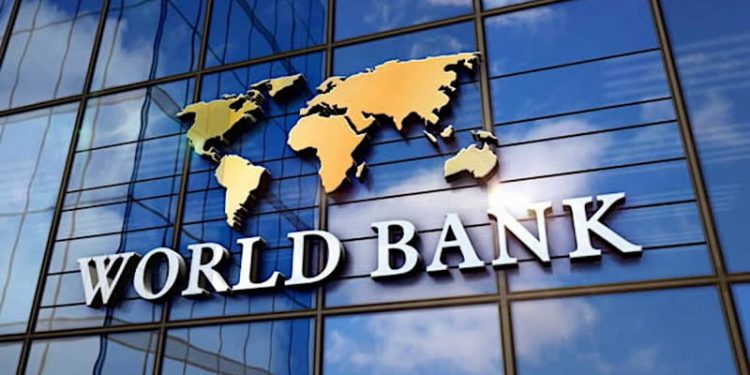The World Bank has announced the approval of an additional loan of $1.57 billion to the Nigerian government to finance three essential projects aimed at addressing critical governance challenges in education and healthcare. This announcement was made in a statement on Monday, with the approval taking place on September 26, 2024.
The new funding will specifically focus on enhancing primary healthcare services, which are vital for improving health outcomes in Nigeria, a nation facing significant public health challenges. In addition, the loan will bolster the country’s efforts to increase resilience to climate change by improving dam safety and upgrading irrigation infrastructure. This is particularly important as Nigeria grapples with the effects of climate variability, which threatens food security and overall economic stability.
The financing package consists of a $1.5 billion loan and a $70 million grant, signifying the World Bank’s ongoing commitment to strengthening Nigeria’s human capital. The bank emphasizes the need for comprehensive strategies to build resilience in the face of climate threats, aligning with global efforts to tackle these pressing issues.
This recent funding is part of a broader initiative by the World Bank to improve key sectors such as education, healthcare, and water management while also addressing poverty and enhancing productivity. The bank has recognized the urgent need for investment in these areas, given Nigeria’s substantial population and the critical role these sectors play in economic development.
In June 2023, the World Bank had previously approved a $2.25 billion loan facility to support President Bola Ahmed Tinubu’s economic policies, which aim to rejuvenate Nigeria’s economy amidst ongoing challenges. However, the approval of this new loan raises important questions regarding the country’s growing debt burden, which has reached N121.67 trillion as of March 2024, according to the Debt Management Office.
Financial experts have expressed concerns about Nigeria’s rising debt levels, particularly in the context of a widening infrastructural deficit. As the country seeks to finance essential services and infrastructure, it must also manage its debt responsibly to ensure long-term sustainability. The combination of new loans and existing financial obligations highlights the delicate balance Nigeria must strike between securing funding for development and maintaining fiscal health.
Overall, the World Bank’s latest approval underscores its commitment to supporting Nigeria in addressing both immediate challenges in governance and long-term goals for sustainable development. The collaboration between the Nigerian government and the World Bank is crucial as the nation navigates these complex issues in a rapidly changing global environment.










